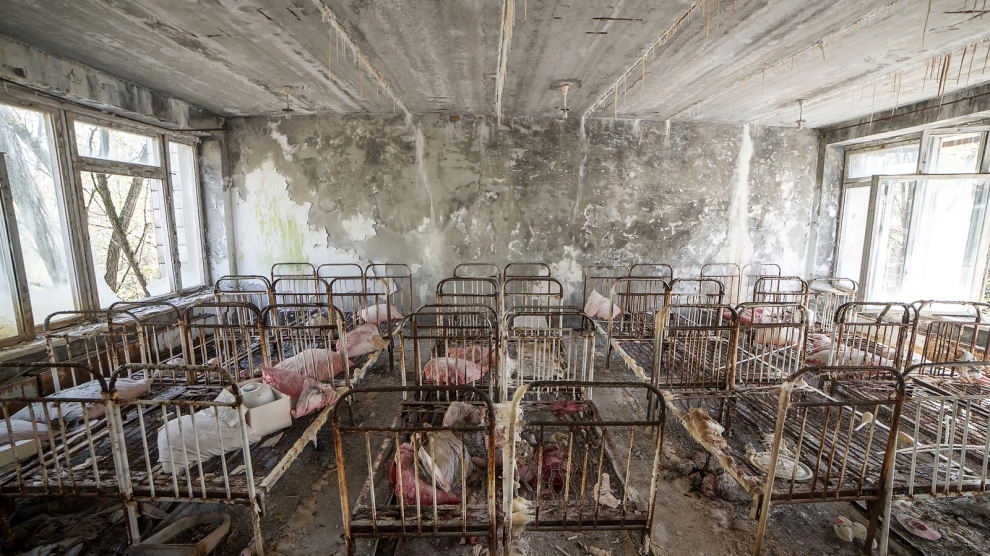A selection of articles about emerging Europe published elsewhere this week, all of which caught our eye and all of which are well worth your time. Listing them here, however, does not necessarily mean that we agree with every word, nor do they necessarily reflect Emerging Europe’s editorial policy.
Photographer Tom Skipp visits Chernobyl and nearby Pripyat, its replacement town Slavutych, and the abandoned sites of the region – meeting the people behind the disaster: from the liquidators who worked at the fallout site, to the resettlers and the community who live and work in the area now.
See the full photo essay here.
—
Online privacy laws come with a downside. The European Union tried to protect internet users. It also gave public officials a blunt instrument to wield against journalists, as reporters in Romania have discovered.
Read the full story here.
—
Despite concerns that an influx of migrants and refugees in north-west Bosnia could compromise the upcoming tourist season, a BIRN fact-check shows that so far, tourist numbers have actually risen.
Read the full story here.
—
Disgruntled investors are losing patience with central Europe. States are being sued over broken promises and contracts, says The Economist.
Read the full story here.
—
If you are a mother-to-be in Romania, you will, in all likelihood, have to pay a bribe for maternity care. And not just one bribe. You may have to compete. If your bribe isn’t high enough, someone else will get that care and you won’t.
Read the full story here.
—
North Macedonia has already changed its name. Now it’s trying to change minds. The Balkan country, along with neighbour Albania, is aiming to get the green light this month to begin EU membership talks. For the second year in a row, the European Commission has recommended the start of talks for both countries. But EU member governments will make the decision, which will reveal a lot about how they envision the future of the Union and its relationship with the Western Balkans.
Read the full story here.
—
Transnistria isn’t the smuggler’s paradise it used to be. The separatist territory sandwiched between Moldova and Ukraine has long thrived on porous frontiers and Russian backing, but Kyiv has changed its tune and might be dragging it back toward the West.
Read the full story here.

